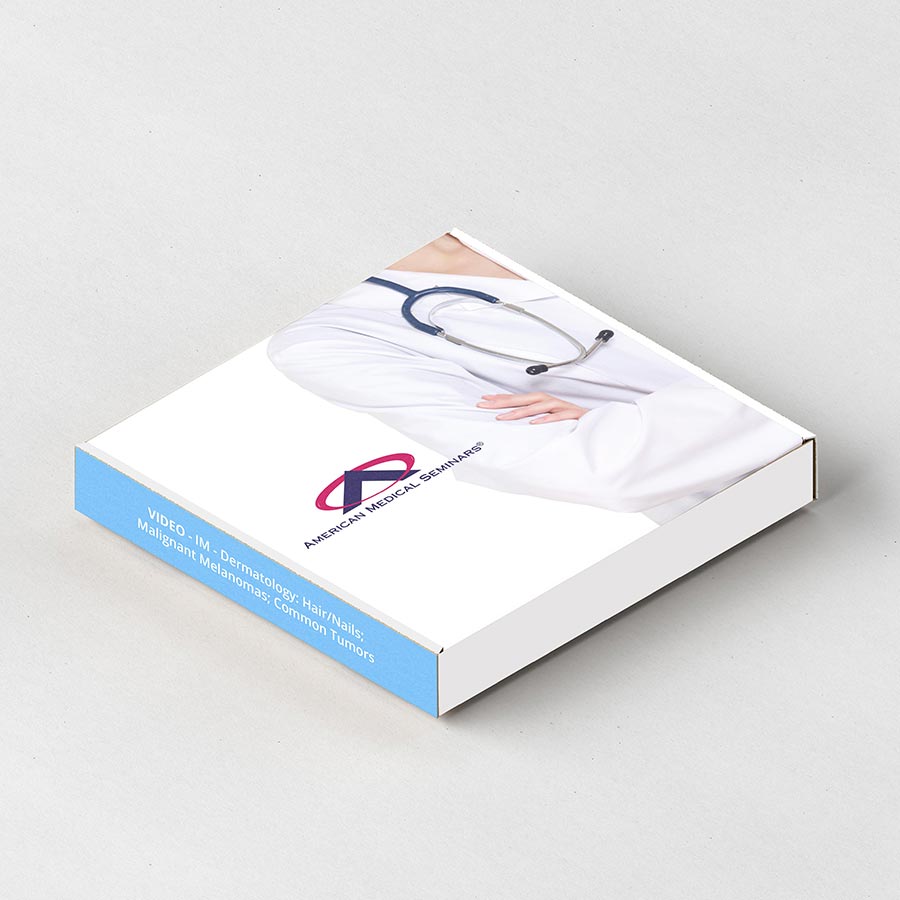Product Description
Title: Internal Medicine – Infectious Diseases: International Traveler; Tick Borne Illnesses; Herpesvirus
Faculty: Donald Kaye, M.D., M.A.C.P., Stephen J. Gluckman, M.D., F.A.C.P., F.I.D.S.A., Kenneth Kaye, M.D.
Original Release Date: July 1, 2018 Expiration Date: July 1, 2021
TOPIC 1: Advice for the International Traveler.
Upon completion of this session, using recommendations from the CDC and evidence-based guidelines from IDSA, the participant should be able to: EBM, GL, COMP
- Recommend the general preventive measures including what not to eat and drink.
- Order the needed immunizations.
- Prescribe for the prevention of malaria, diarrhea and other illnesses of travelers.
- Prescribe for the management of diarrhea of travelers.
TOPIC 2: Common Issues Surrounding Tick Borne Illnesses in the U.S.
Upon completion of this session, the participant should be able to: GL, EBM, COMP
- Determine the major tick vectors in the United States and their associated diseases.
- Relate the proper technique for tick removal.
- Differentiate the clinical presentations, diagnosis and treatment of the major tick borne diseases in the United States: Lyme disease, babesiosis, ehrlichiosis, and Rocky Mountain spotted fever as per the CDC and IDSA Guidelines.
TOPIC 3: Herpesvirus Infections.
Upon completion of this session, using the recommendations and evidence-based guidelines of ACIP and AAP, the participant should be able to: EBM, GL, COMP
- Relate the clinically pertinent aspects of herpesvirus infections.
- Diagnose the syndromes, clinical complications and attributes of recurrent disease.
- Use anti-virals where appropriate in management of herpes virus infections.
- Viruses to be covered include:
- Herpes simplex virus;
- Epstein-Barr virus;
- Cytomegalovirus;
- Varicella-zoster virus;
- HHV6
- The receipt for any incentive-associated purchase will designate the value of the gift card separately from the cost of the learning activity.
- This incentive may have implications on your tax reporting obligations. Any reimbursed amount must be declared as personal income for tax purposes.


